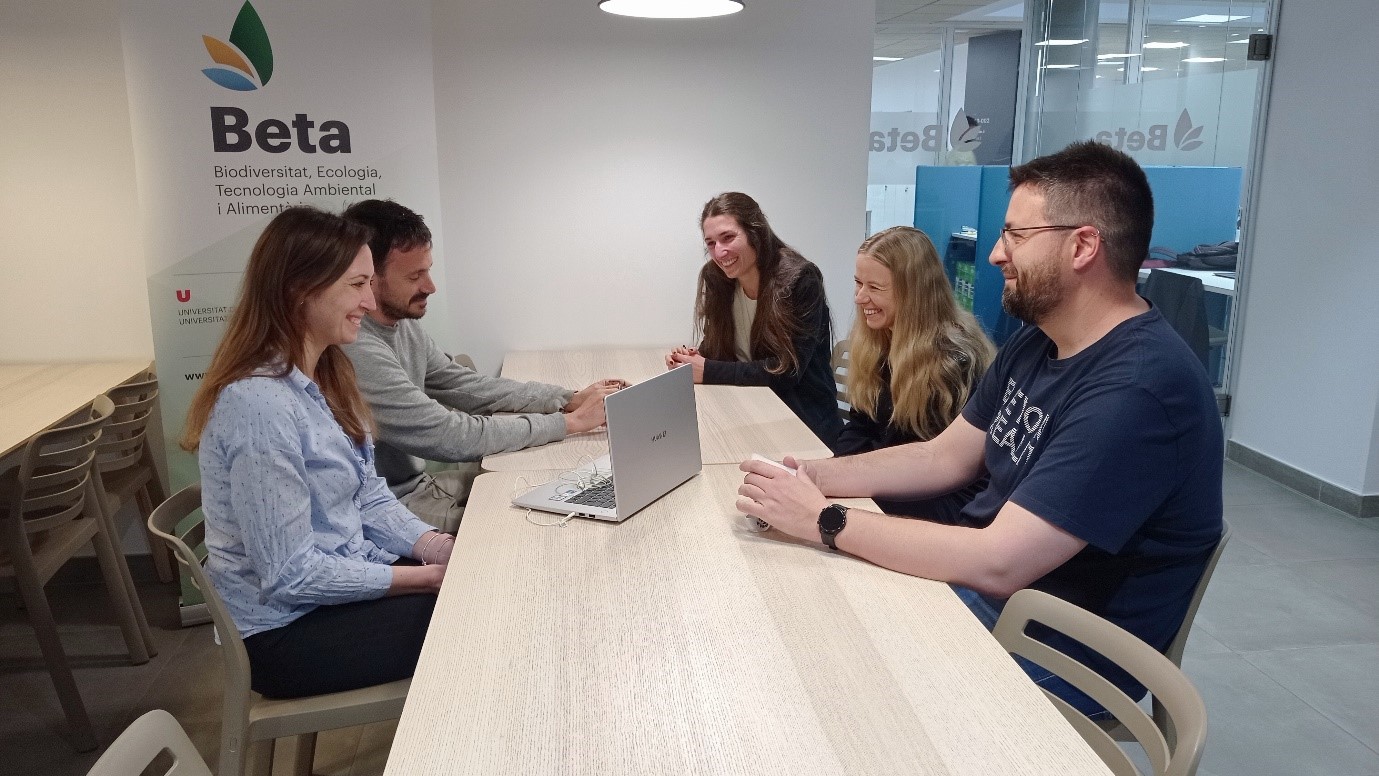REGEN-U meets experts to discuss challenges of regenerative economy
REGEN-U aims to support a regenerative green economy, as well as the potential of Higher Education Institutions to increase their positive impact in this field

Following the launch of the REGEN-U project, many experts have been meeting with the consortium members of this Erasmus+ project in recent weeks to discuss the implementation of Regenerative Economy models in European Higher Education Institutions. REGEN-U aims to support a regenerative green economy, as well as the potential of Higher Education Institutions to increase their positive impact and contribution to society in implementing business solutions based on these principles.
In Spain, experts from various fields participated in the interviews: representatives of the public administration, universities and private sector. The BETA Technological Centre, as partner of the REGEN-U project, conducted 10 interviews, during which they discussed the challenges facing the implementation of the regenerative economy, the potential economic and social benefits of adopting a regenerative economy model in Europe, the role they believe the private sector plays in the creation of a regenerative economy in Spain, and the policy changes or incentives that would be necessary to encourage companies to adopt regenerative practices in Spain. In addition, the experts shared their views on what would be the most important first steps to create a regenerative economy in the Spanish context.
These interviews aim to establish a clear understanding of the definition of the regenerative economy applied to the territorial context, the challenges in the participating countries and how these challenges are or can be addressed by regional stakeholders. In-depth interviews are conduct with local and national experts in the field of sustainable development, the green and regenerative economy, entrepreneurship and innovation in the circular economy, from knowledge institutions, industry, and public authorities from the eight participating countries.
The next step will be the discussion of the results of expert evaluations, which will become part of the training program on the implementation of regenerative models in Europe.
